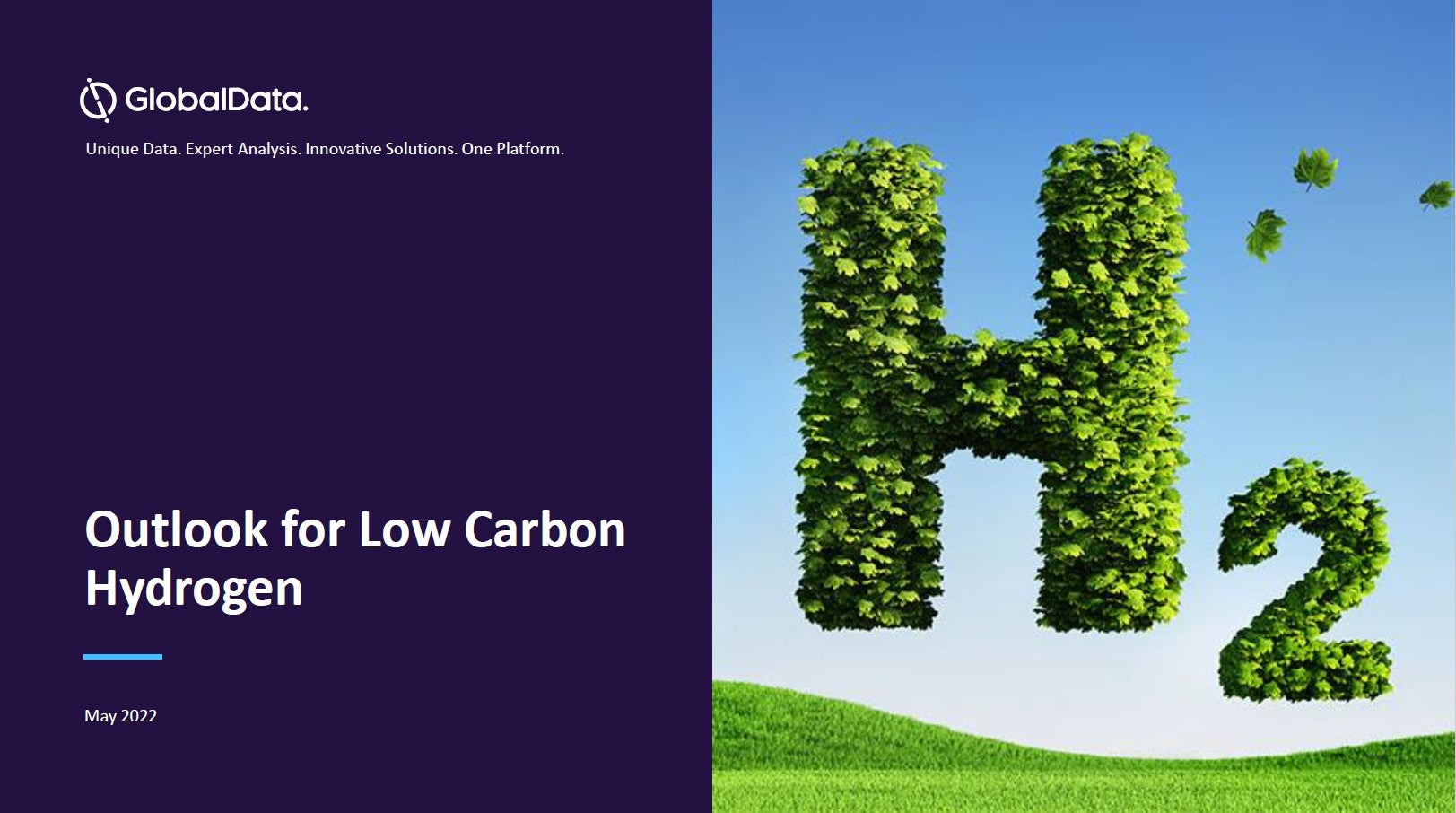Brazil has been among the frontrunners in contracting renewable energy through the auction route. The country started with the auction mechanism way back in 2007, with the first alternative energy auction. Since then, the country has come a long way and auctions have been held at regular intervals for various technologies.
The recent cancellation of the solar and wind energy auction in December 2016 has shaken the confidence of developers and investors. The auction, known as the 2nd Reserve Energy Auction (LER), 2016, was earlier scheduled to be held in July 2016, but was rescheduled to December 2016. That there was significant interest in the auction is evident from the fact that there were 1,260 projects registered for the auction – 841 wind and 419 solar photovoltaic (PV) projects, totaling 35,147 MW of installed capacity.
How well do you really know your competitors?
Access the most comprehensive Company Profiles on the market, powered by GlobalData. Save hours of research. Gain competitive edge.

Thank you!
Your download email will arrive shortly
Not ready to buy yet? Download a free sample
We are confident about the unique quality of our Company Profiles. However, we want you to make the most beneficial decision for your business, so we offer a free sample that you can download by submitting the below form
By GlobalDataIn recent times, the country has witnessed a drop in its electric power load projections. This is in line with the negative outlook for the country’s GDP growth. As per the new projections, there will be a reduction in demand to the extent of 3,480 MW in energy load in 2019. This is when the projects to be awarded through the 2nd LER were expected to start generating. Since the LER is meant to provide reserve or standby capacity for the country, it is looked upon as a burden on the electricity bills of consumers if the demand is not adequate. Already, the electricity consumption in Brazil has seen a dip and fell by 0.9% in 2016. Though in terms of these developments, this seems to be a logical move by the government, it does send negative signals to the industry.
The cancellation decision puts a question mark on the government’s intent to support renewable energy projects going forward. The timing of the decision is also being questioned, as it comes just a week before the auctions were supposed to be held. Also, since this was the only tender in 2016 for renewable energy, its cancellation means that no wind or solar capacity was contracted in that year. Industry watchers feel that this could have a long-term impact on renewable energy investments in the country. The repercussions would also be felt by the supply chain, as it would put equipment ordering on a hold, hence slowing down investments.
It remains to be seen what steps would be taken by the government in 2017 to restore the sector’s confidence and ensure continuity in investments. The industry will also be keenly watching whether the government announces a new long-term plan for the power sector and what role does it envisage for renewable energy going forward.





